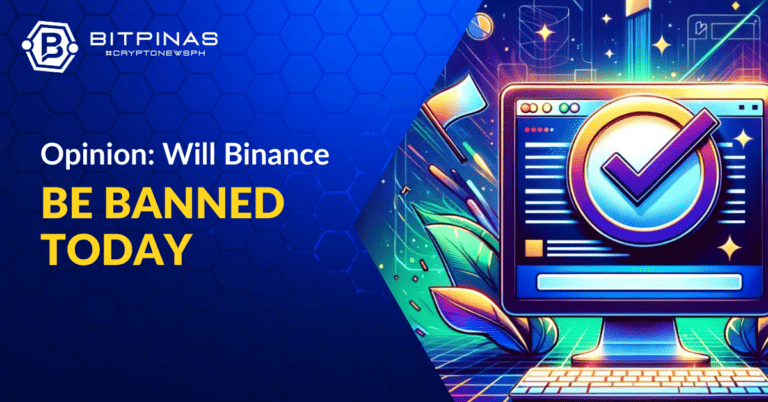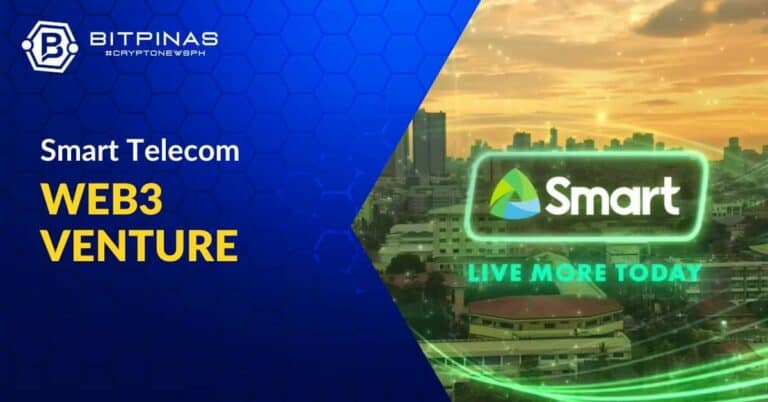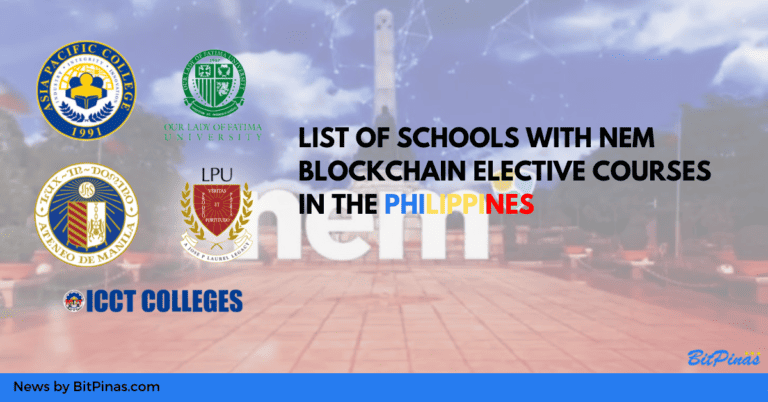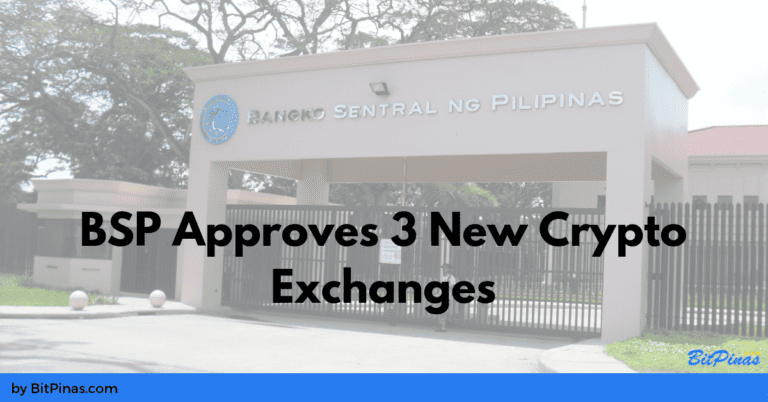Blockchain and Smart Cities – A Look Back of 2019
I believe that the scope and framework for the Philippine Smart Regions are already in place: We have regions that have their economic identity based on geography, abundance of natural resources and their domestic or international export commodities.
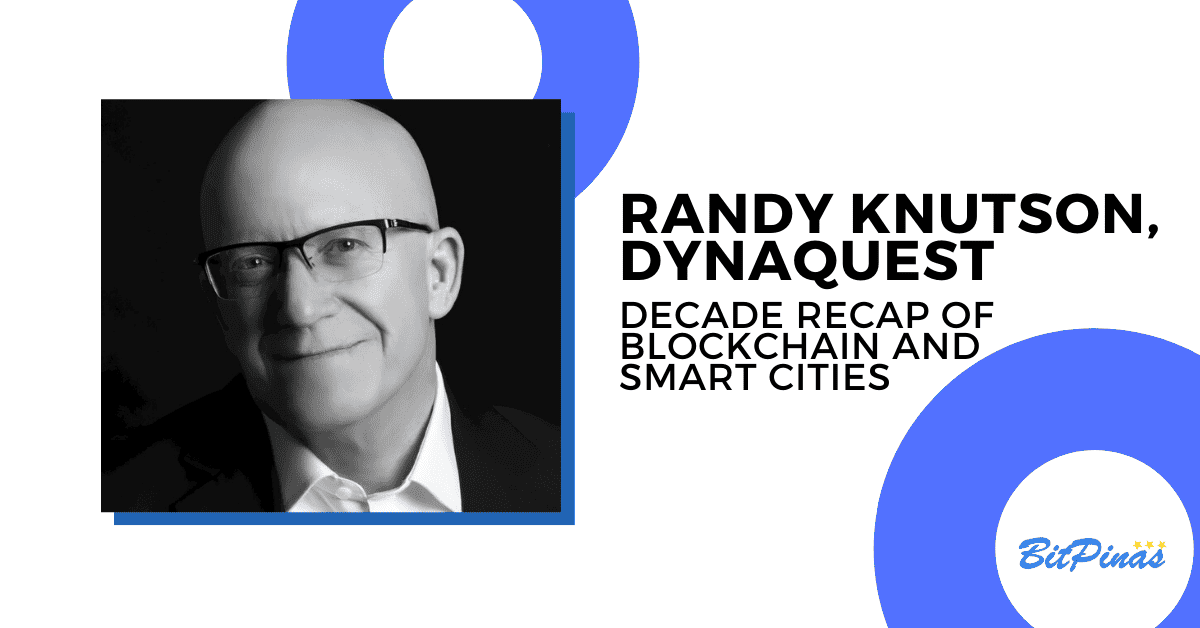
As we look forward to a new year and a new decade, let’s look back at the year 2019, considered as the final stepping stone towards the 2020s. Like the years before, 2019 seem to have just been zipped past at record-breaking speed. It was also a year where the speed and acceleration of technology adoption seem to have evolve from something that is just gaining steam to rapid adoption in terms of its velocity and its volition.
Today, there are two profound technologies that will have a huge impact in the 2020s decade in terms of societal development, business competitiveness and future sustainability.
Blockchain: A Brief History of the Decade
At the start of the decade, the term Blockchain was an obscure terminology for the business and fintech sector. Rather, the technology was closely associated with the crypto ledgers such as Bitcoin. One or two years have passed, then we saw the formation of the many Blockchain consortiums that are working towards utilizing Blockchain’s capabilities of autonomous, decentralized and trustless processes. It was evident then that Blockchain, as a technology, is ready to move away from its cryptocurrency roots and set for industrial revolution. To start a revolution, there must be a wide and influential adoption. In this case, we look towards the many Blockchain consortium. Consortiums that are pushing Blockchain into mass-industrial adoption and standards utilization include:
- BankChain for banking
- B3i for insurance
- Global Shipping Business Network (GSBN) for international trade and shipping
- Hashed Health Collective for Healthcare and Health Information
- Global Blockchain Business Council (GBBC) for executive and leadership issues on Blockchain
These consortia are an alliance of technology providers and fortune 500 companies that were once competitors, but have since undertaken a joint venture to help Blockchain technology be utilized and be adopted across various industries.
By the middle of the decade, Blockchain platforms such as Ethereum, Hyperledger, R3 Corda, Hydrachain Ripple and Open-Chain were introduced and within months of their introduction, infrastructures built on these platforms were introduced via use cases were publicly announced. These uses cases highlighted the capabilities of Blockchain and how it offered cost-reduction, seamless business processes and heightened security to would-be adopters.
By the later half of the decade, large companies such as banks and leading technology providers have went ahead and put Blockchain into commercial use. Among the many pioneering breakthroughs include:
- IBM and Maersk developing a decentralized and paper-less trading platform for shipping and Blockchain
- MedicalChain utilizing health information and patient records collaboration on Blockchain
- HSBC utilizing Blockchain to track assets worth $20bn
- Digital Identities to support the UN’s Sustainable Development Goals on Inclusion via Granting Identities.
Blockchain: 2020 and Beyond
For the small and medium-sized business market and startups, the introduction of Blockchain-As-A-Service (BSaaS) will help speed up the adoption, early in the next decade. BSaaS allows businesses and startup tech developers to utilize pre-built “Blockchain templates” and modify them for an exact use case. BSaaS platforms are accessible and modifiable through providers such as Microsoft, Amazon and IBM.
As Blockchain brought an unprecedented disruption across finance, insurance, healthcare and the global business world, it underwent a phase of hype, gaining steam and going mainstream. I believe we are at the phase of “Here and Now” which is a prequel for rapid and innovative applications early within the next decade.
In the Philippines, Blockchain technology has seen significant development in terms of awareness and as a basis for innovation:
- Numerous hackathons based on Blockchain platforms such as NEM and Ethereum were held over the years
- The concept of Coin Exchange and Tokenomics empowering new Startup ideas based on the Blockchain Innovation Tour that is held annually
- More and more Filipino IT Professionals becoming Blockchain certified
- Blockchain development services available from Philippine-based solutions providers.
- The formation of the Philippine Blockchain Association and the Blockchain Association of the Philippines.
- UnionBank utilizing Blockchain in Banking to modernize rural and regional banking to bring financial services to millions of the unbanked.
The nation is well equipped with enough talent and Blockchain leaders to establish new economies based on decentralization by the next decade. We will see cooperatives, supply chains and peer to peer OFW remittances powered by Blockchain in the near future.
Smart Cities: A Brief History of the Decade
Smart Cities are not a singular technology platform. Instead, smart cities are a result of aggregated, and converged technologies that are working in harmony to deliver better deliver e-services, and make efficient the city’s communications line. It is unclear where the term and concept of Smart Cities originated. However, its core concept is based on the integration of Internet and Communications Technology (ICT) in urban areas to pave the way for better governance, improve quality of life and nurture a culture of innovation. In truth, the concept of smart cities has been around prior to the term being popularized – which “smart cities” growing more and more eminent in the 2010 decade.
In 2010, Europe’s Digital Agenda listed influential ICT factors as an index in determining city efficiency that ties in to the EU’s effort of enriching and uplifting the quality of life in each member countries. As the years progressed, pilot cities aspired to be the model and pioneering urban areas to champion the concept of Smart Cities. These included European cities, Dubai in the United Arab Emirates and the emerging global Chinese cities.

In 2018, the Association of Southeast Asian Nations (ASEAN) unveiled the ASEAN Smart Cities Network. It consists of pilot cities that are aspiring to develop a sustainable and inclusive smart development of key cities. These cities include: Bandar Seri Begawan, Battambang, Phnom Penh, Siem Reap, Makassar, Banyuwangi, DKI Jakarta, Luang Prabang, Vientiane, Johor Bahru, Kuala Lumpur, Kota Kinabalu, Kuching, Nay Pyi Taw, Mandalay, Yangon, Cebu City, Davao City, Manila, Singapore, Bangkok, Chonburi, Phuket, Da Nang, Hanoi, and Ho Chi Minh City.
The Philippines has three pilot cities named: Cebu, Davao and Metro Manila. Given the challenges facing each of the cities compared to the aspirations of a sustainable, inclusive and progressive development, smart cities present a mindset based on thinking “smarter”. As the decade progressed to the late years of 2018 and 2019, smart cities are more than just a term, it has become a blueprint and framework to develop key cities of the Philippines and the ASEAN region.
Smart Cities: 2020 and Beyond
When we think of smart cities, we need to think bigger: larger in scope, wider in perspective, cast a vast net under the values of inclusivity and sustainability. Think of it this way: though cities are a concentration of large urban population, in countries like the Philippines, however, there are provinces, townships and regions that are growing in population. With population growth comes the challenges. With a vast challenge involving regions, we need to think of smarter provinces, smarter regions and as a whole, a smarter nation.
I believe that the scope and framework for the Philippine Smart Regions are already in place: We have regions that have their economic identity based on geography, abundance of natural resources and their domestic or international export commodities. In a country blessed with natural resources, a people with ingenuity and warm diplomatic ties across the nations, we can take the idea of smart cities and its indexes towards smart regions where responsible development of its key urban areas, the sustainable harness of its agriculture and the inclusive economic development of its citizens, therefore, a better quality of life for all.
The concept of Smart Cities specifies the use of technology and its would-be successors. The next generation of impact technology would include Advance Analytics, the Internet of Things (IoT), Decentralized Technology with Blockchain and Robotic equipment. These technologies, while cutting-edge as we end the decade, will gradually roll-out in the coming years. It won’t be too farfetched to see drone deliveries and robotic farming equipment by the middle of the decade.
With that, we bid 2019 and the 2010s decade farewell. Let us face the new decade with renewed hopes, optimism, a clear vision and an innovative mindset.
I personally wish the readers, a Merry Christmas and a Happy New Year.
This article is published on BitPinas: [Decade Recap] Blockchain and Smart Cities – A Look Back of 2019
